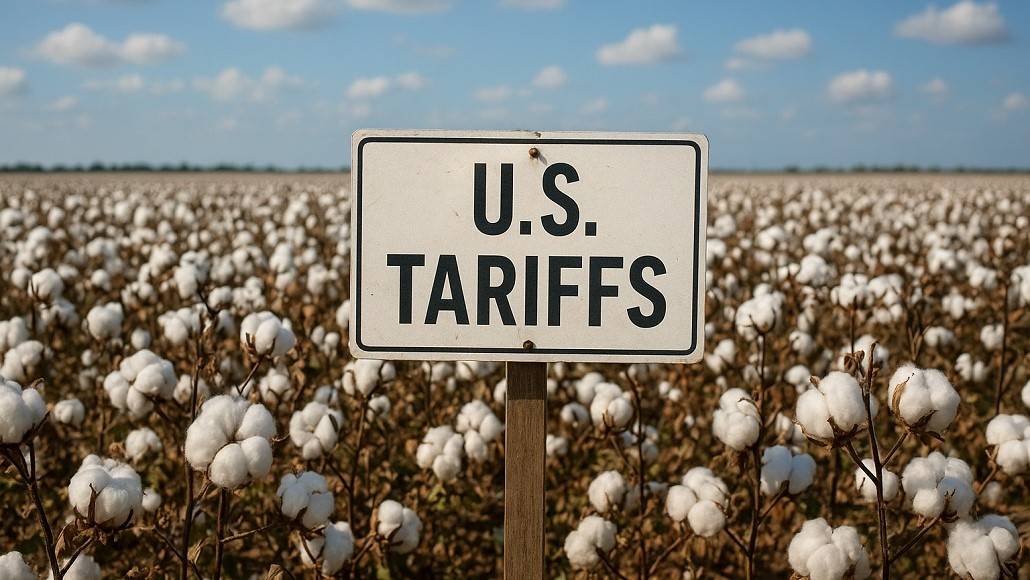India has announced a three-month extension of its cotton import duty exemption extension, continuing until the end of December. This decision comes as the Indian government aims to bolster its domestic garment industry, which has faced challenges due to increased U.S. tariffs.
Following the announcement, global cotton prices experienced a slight uptick of 0.2%, recovering from previous losses. However, analysts warn that this influx of imports may lead to decreased demand for locally produced cotton, subsequently applying downward pressure on domestic prices.
Previously, India had implemented an 11% duty exemption on cotton imports set to expire on September 30. The extension allows the country to source cotton from surplus-producing regions such as Australia, Brazil, the United States, and Africa.
The move comes on the heels of the U.S. doubling its tariffs on imports from India, raising them to as much as 50% on products like garments and jewelry. The United States remains India’s largest market for these goods, valued at nearly $22 billion in 2024. India holds a 5.8% share of the U.S. garment market, trailing behind China, Vietnam, and Bangladesh.
According to Atul Ganatra, president of the Cotton Association of India, the extended cotton import duty exemption extension will allow Indian textile firms to import cotton at lower prices, easing some of the pressure caused by declining U.S. demand. Ganatra projects that imports may reach a record 4.2 million bales this year, continuing strongly into the first quarter of the next year.
With India’s cotton marketing year running from October to September, the prior import window was considered too limited. Traders highlighted that the extension now enables mills to place larger orders for the upcoming period, as the arrival of imported cotton, which is generally 5% to 7% cheaper and of higher quality, coincides with the local crop’s market entry, potentially driving local prices down further.

































